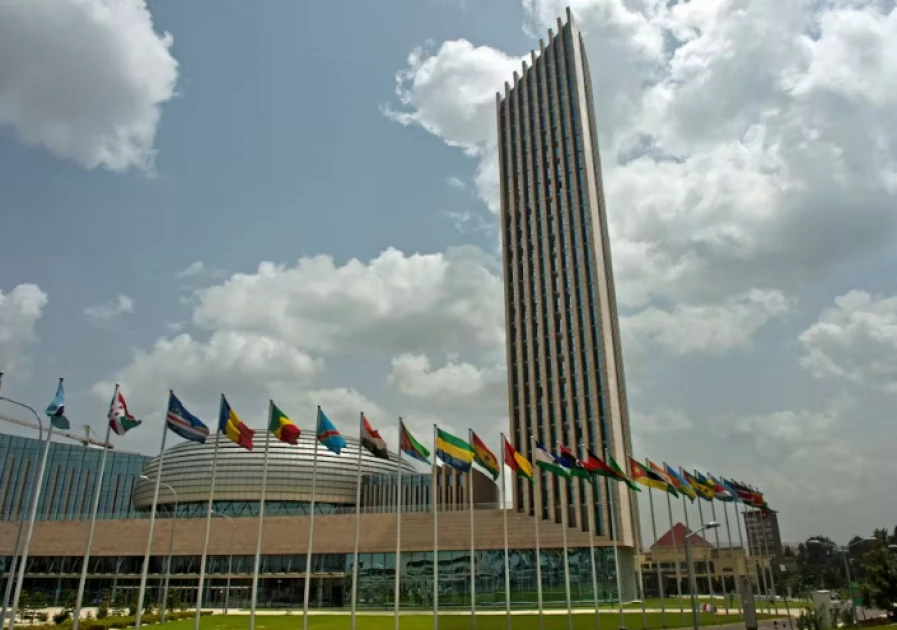From Liberation to Integration: How the African Union evolved from the OAU


Audio By Vocalize
In 1963, Addis Ababa, Ethiopia, hosted 32 heads of independent African states who gathered to establish the Organization of African Unity (OAU). The anthem of African unity, "Nkosi Sikelel' iAfrika," resonated through the air as Emperor Haile Selassie of Ethiopia welcomed iconic leaders such as Kwame Nkrumah of Ghana, Egypt’s Gamal Abdel Nasser, Jomo Kenyatta of Kenya, and Julius Nyerere of Tanzania.
Together, these leaders formed a united front to free Africa from the chains of colonialism and apartheid. Freedom, equality, justice, and dignity became the guiding principles for the continent’s future.
The inaugural summit, known as Africa Freedom Day, was more than just a political event; it was a declaration of Africa’s renewed sense of purpose. Subsequent summits reinforced the OAU's core mission and amplified the call for liberation. The organization focused on eradicating colonial rule, particularly in Portuguese-controlled territories and apartheid-era South Africa and Southern Rhodesia.
"What I wanted in the southern part of Africa was complete majority rule for Rhodesia and South Africa. If they cannot admit majority rule, we must confront them militarily," stated Idi Amin Dada, the third President of Uganda, at the time.
South Africa ultimately attained independence and a non-racial democracy in 1994. With the decolonization mission largely accomplished, the OAU shifted its focus towards economic development, cooperation, and regional integration.
In 2002, after nearly four decades of liberation efforts, the OAU transformed into the African Union (AU). African leaders recognized the need to prioritize economic cooperation, integration, and sustainable development for the continent’s future.
Thabo Mbeki, the second President of South Africa, remarked at the time:
"...We make a commitment to the people of Africa and the world that we will uphold our commitment as we agree to establish the African Union. I am proud that Africa is taking this giant step forward."
Today, the AU comprises 55 member states and has expanded to include 16 different organs, playing a pivotal role in shaping Africa’s political and economic landscape.


Leave a Comment